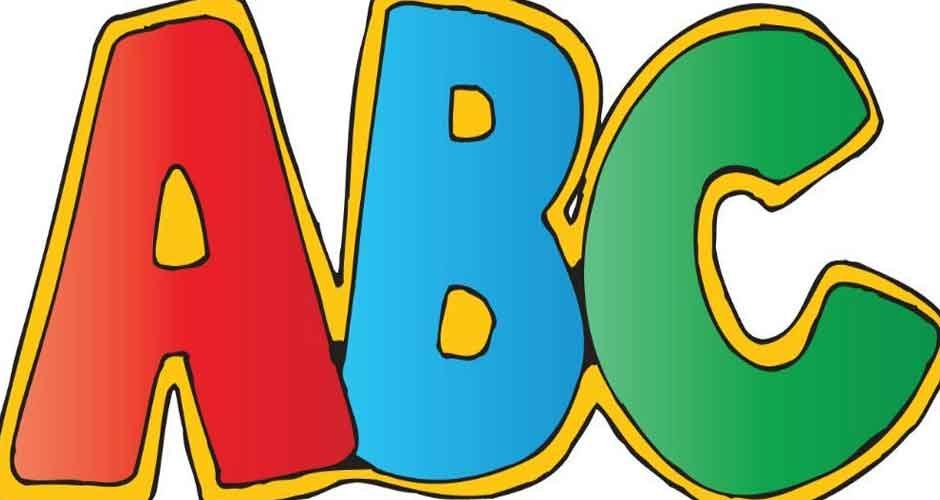The journey of education, especially in the formative years, has a profound impact on molding an individual’s character, skillset, and future prospects. While academic achievements are crucial, it’s often the basic skills—like learning the alphabet or counting—that lay the groundwork for future successes. These foundational skills, taught from an early age, serve as the building blocks for complex learnings down the road. Let’s delve into why these basics are so essential and how they pave the way for lifelong success.
The Role of Foundational Skills
In the early stages of learning, kids are like sponges, absorbing information, imitating behaviors, and picking up skills. The basics of A-B-C and 1-2-3 are not merely alphabets and numbers; they symbolize structured thinking, discipline, and a systematic approach to understanding the world. Early learning centers, such as childcare Hurstville, often emphasize these foundational skills as the first step in a child’s educational journey.
A-B-C: More Than Just Alphabets
Language and Communication: Recognizing letters is the first step towards reading and, ultimately, understanding language—a vital tool for communication.
Building Vocabulary: Once the alphabet is mastered, it opens doors to new words, expanding a child’s vocabulary and comprehension skills.
Cognitive Development: Associating sounds with symbols (letters) enhances memory, concentration, and logical thinking.
1-2-3: The World of Numbers
Understanding Quantity and Order: Recognizing numbers and counting leads to understanding quantities, sequences, and orders.
Foundation for Advanced Math: Arithmetic operations, algebra, geometry – all have their roots in the basic understanding of numbers.
Logical Reasoning: Playing with numbers enhances analytical thinking and problem-solving abilities.
Beyond A-B-C and 1-2-3
While alphabets and numbers are fundamental, several other basic skills contribute to a holistic development and future success.
Social Skills: Interacting with peers teaches kids about teamwork, empathy, and understanding different perspectives.
Motor Skills: Activities like coloring, clay modeling, or building blocks enhance fine motor skills and hand-eye coordination.
Emotional Intelligence: Recognizing and expressing feelings, understanding others’ emotions, and developing coping mechanisms are essential for mental well-being.
The Challenges in Teaching Foundational Skills
Like any educational endeavor, imparting basic skills has its set of challenges:
- Individual Paces:Every child learns at their own pace. Ensuring that no one feels left out requires patience and personalized attention.
- Adapting to Different Learning Styles:Some kids are visual learners, while others might be auditory or kinesthetic learners. Identifying and catering to these styles is essential.
- Keeping Engagement High:Young kids have shorter attention spans. Making learning fun and engaging is a constant challenge.
Nurturing Environments Make the Difference
An environment that nurtures curiosity, encourages exploration, and offers patient guidance can make all the difference in a child’s foundational learning. Well-designed curriculums, interactive teaching methodologies, and a focus on overall development ensure that kids not only learn their A-B-C and 1-2-3 but also develop a genuine love for learning.
The journey from A-B-C to 1-2-3 is a pivotal phase in a child’s life. These fundamental skills, while basic, set the stage for future academic achievements and personal growth. They help in shaping a child’s worldview, instilling confidence, and ensuring that they’re well-equipped to face future challenges. And as parents, guardians, or educators, our role is to provide them with the best possible environment, guidance, and resources to embark on this journey. After all, the foundational years are not just about learning basics; they’re about setting the tone for lifelong success.






